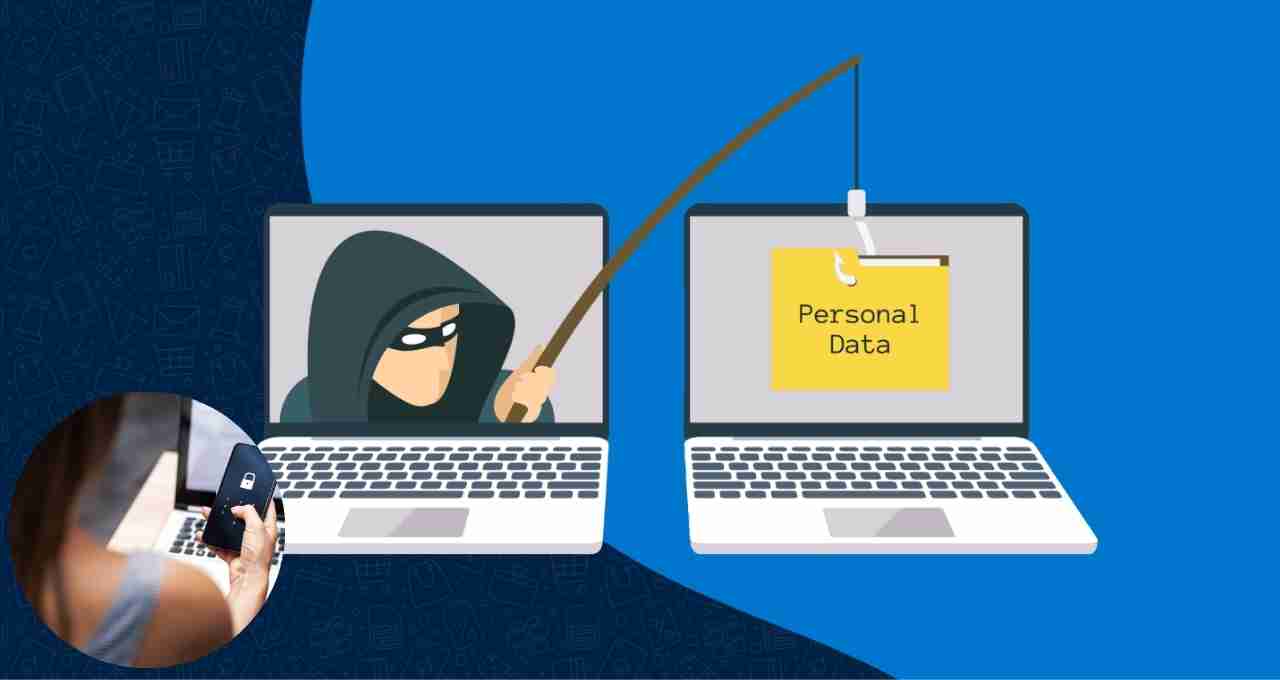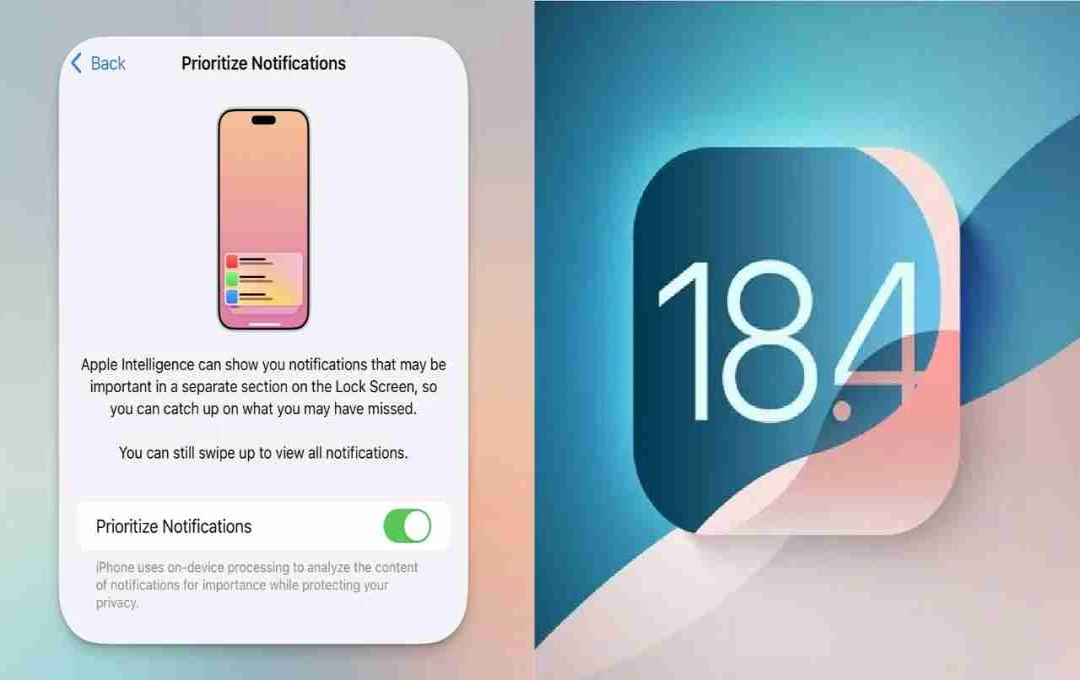The trend of generating Ghibli-style images using OpenAI's ChatGPT 4o is rapidly gaining popularity on social media. People are sharing their and their families' photos with AI, but are you aware that by doing so, you are handing over your facial recognition data to AI companies? The facial recognition technology market is projected to reach $5.73 billion by 2025 and $14.55 billion by 2031. The question arises: are you unknowingly making your identity a part of this multi-billion dollar market?
Your Face is Being Stolen Every Day
Ghibli-style images are just one example. In reality, we are handing over our facial data to AI companies daily, whether it's for phone unlocking, social media tagging, or using any other digital service. When we upload our photos to social media or grant apps camera access, companies scan and store our facial features. This data is even more sensitive than your password or credit card because you cannot change your face.
Indian Negligence and Data Theft Incidents

Indians often take digital security lightly. The Clearview AI controversy is a prime example, where over 3 billion images were collected without permission and sold to police and private companies. In May 2024, Australian company Outabox experienced a data breach, resulting in the theft of 1.05 million people's facial scans, driving licenses, and addresses. This data was used for identity theft and deepfake scams. Similarly, FRT systems used in stores to prevent theft are also targets for hackers.
Who's Making Money from Your Face?
According to a Statista report, the facial recognition technology market is projected to reach $14.55 billion by 2031, growing at a CAGR of 16.79%. Companies like Meta and Google are using user photos to train their AI models, but this information is not publicly disclosed. Sites like PimEyes offer the ability to track anyone's photos online, increasing the likelihood of stalking and other threats.
How to Avoid This Threat?

If you want to protect your biometric data, first stop creating Ghibli-style images. Avoid uploading high-resolution photos to social media. Use a PIN or password instead of face unlock. Also, put pressure on governments and companies to be transparent about how your data is being used.
However, these are only temporary measures. A real solution will only come when governments implement stricter laws prohibiting the illegal use of Facial Recognition Technology and curb the arbitrariness of AI.














